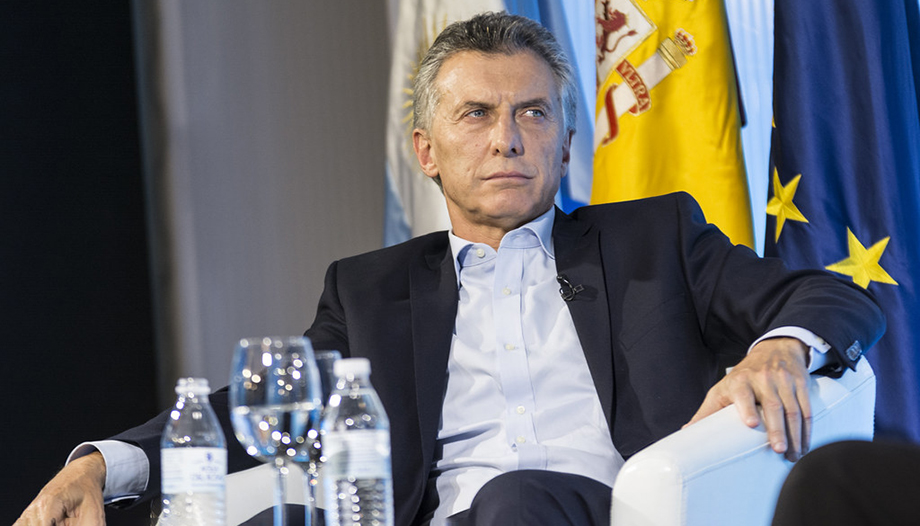On December 18, the new Argentine president, Mauricio Macrireceived in his office representatives of the Argentine Episcopal Conference. The fight against drug trafficking took center stage. The bishops handed him two documents: "The drama of drugs and drug trafficking".of 2013, on the negative impact of drugs on society; and "No to drug trafficking, yes to a full life".The report, published in November of this year, presents the phenomenon as a matter of the new political agenda, linked to corruption and the crisis in the security forces.
In one of its paragraphs, it warns that the advance of the drug is "incomprehensible without the complicity of power. The Church has been one of the key social agents in keeping the issue on the agenda. In the last election for the governorship of the province of Buenos Aires, the discussion on drugs was, perhaps, the determining factor in tipping the balance in favor of María Eugenia Vidal and opening the doors for the Cambiemos Front to national power".
"Although the episcopate did not postulate partisan references, the denunciation sustained with constancy since 2009 affected with greater force the now outgoing government. The Church's proposal is a comprehensive approach because "in the peripheral areas, in some neighborhoods and villas, the drug dealer has become a social referent; an independent space is created there, alien to the authentic culture".
Social issues of prime necessity put the Church close to the people and forcefully providing a public service: its participation in the pluralistic society of the 21st century moves in the fast lane when it builds these positive channels, through which the spiritual message can flow into previously reluctant fields.
Professor of Sociology of Communication. Austral University (Buenos Aires)








